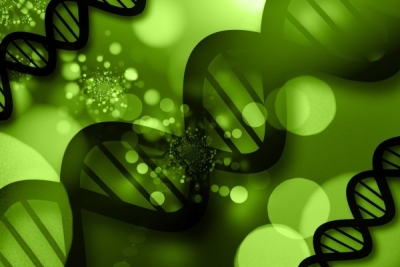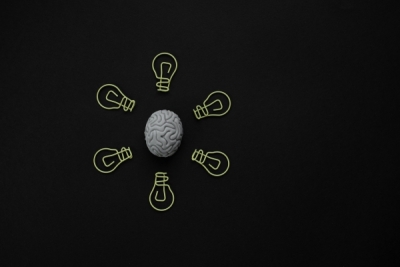When talking about alcohol and sex, many questions can come to mind: can drinking alcoholic beverages interfere with sexual performance? Or can alcohol consumption have a relaxing and aphrodisiac effect, helping with performance? After all, does alcohol increase libido?
The answers to these questions have to do with how alcohol is processed in the body and the effects it can cause during sexual intercourse.
It is known that, despite the initial feeling of relaxation, disinhibition, self-confidence and well-being caused after the ingestion of one or two doses of alcoholic beverages, with the increase in the amount ingested, the alcohol concentration in the blood also increases and can interfere with the sexual act, decreasing libido, worsening sexual performance and possibly leading to risky behavior.
Effects of alcohol consumption on men
The abusive consumption of alcohol by men increases the chances of sexual dysfunctions, including decrease in sexual desire and relationship difficulties already associated with the abusive consumption of alcohol. Other problems are: sexual aversion disorder, which leads the individual to avoid any sexual contact; erection difficulty, which may occur recurrently or eventually; difficulty reaching orgasm after sexual arousal, and premature ejaculation, in addition to impotence and other problems.
Episodic erectile failure is quite common in men who consume more than three standard drinks of alcohol per day. Researchers (1) observed that 61% of alcohol-dependent patients report erectile dysfunction, followed by reduced sexual desire.
A study (2) carried out with the objective of identifying evidence and estimating sexual dysfunctions in people of both sexes with substance use disorders revealed the prevalence of sexual dysfunction in 75% of individuals who consumed alcohol abusively, mainly erectile dysfunction. In addition to erectile dysfunction, the decline in sperm count is another male concern: about 15% of couples made up of men and women worldwide suffer from infertility, that is, the inability to conceive even after a year of regular and unprotected intercourse, and men are considered the sole cause of this problem in 2% of cases (2).
Among the factors that can lead to fertility problems in men are: testicular symptoms, frequency and timing of sexual intercourse, in addition to behaviors and lifestyle, such as the use of medications, consumption of muscle-building supplements or exogenous testosterone, injuries and previous illnesses, family history and abusive consumption of alcohol and other substances.
Research (3) shows that the use of alcohol, tobacco and other substances, as well as stress, obesity and insufficient sleep are potential risk factors for semen quality. Thus, it was identified that drinking five alcoholic drinks per week is enough to affect sperm concentration, total sperm count and the proportion of sperm with normal morphology. The effects were considerably more severe in people who consumed more than 25 drinks per week.
Another study (4) compared two groups of people, heavy drinkers and non-drinkers, and identified that the mean sperm count, total motility, sperm vitality, functional membrane integrity and morphologically normal spermatozoa were significantly lower in people who drank compared to those who did not drink alcohol. Furthermore, regular consumption of alcoholic beverages has been observed to reduce semen volume and sperm concentration.
Effects of alcohol consumption on women
Alcohol abuse is a significant problem for women. Although alcoholic beverages increase sexual arousal and the feeling of freedom, there may be a certain physiological decrease in genital arousal, and some even report difficulty in reaching orgasm and a decrease in vaginal lubrication.
A study (5) sought to identify the impact of alcohol consumption on female sexual dysfunction based on the analysis of seven articles on the subject, involving a sample of more than 50,000 women. Since then, researchers have observed that alcohol consumption increases the likelihood of sexual dysfunction among women by 74%, highlighting the need for public policies to raise awareness of the harmful effects of alcohol on female sexual function and its impact on population reproduction.
Finally, studies also point out that excessive and frequent alcohol consumption by women have been considered predictors of lower probability of conception, suggesting that even the lowest levels of alcohol consumption can decrease female fertility if consumed during critical physiological intervals of the menstrual cycle.
Alcohol and risky behavior in sex
It is important to reinforce that alcohol abuse is also one of the main causes for risky behavior in sex, such as the practice of unprotected sex that can lead to an unplanned pregnancy or even serious sexually transmitted infections.











